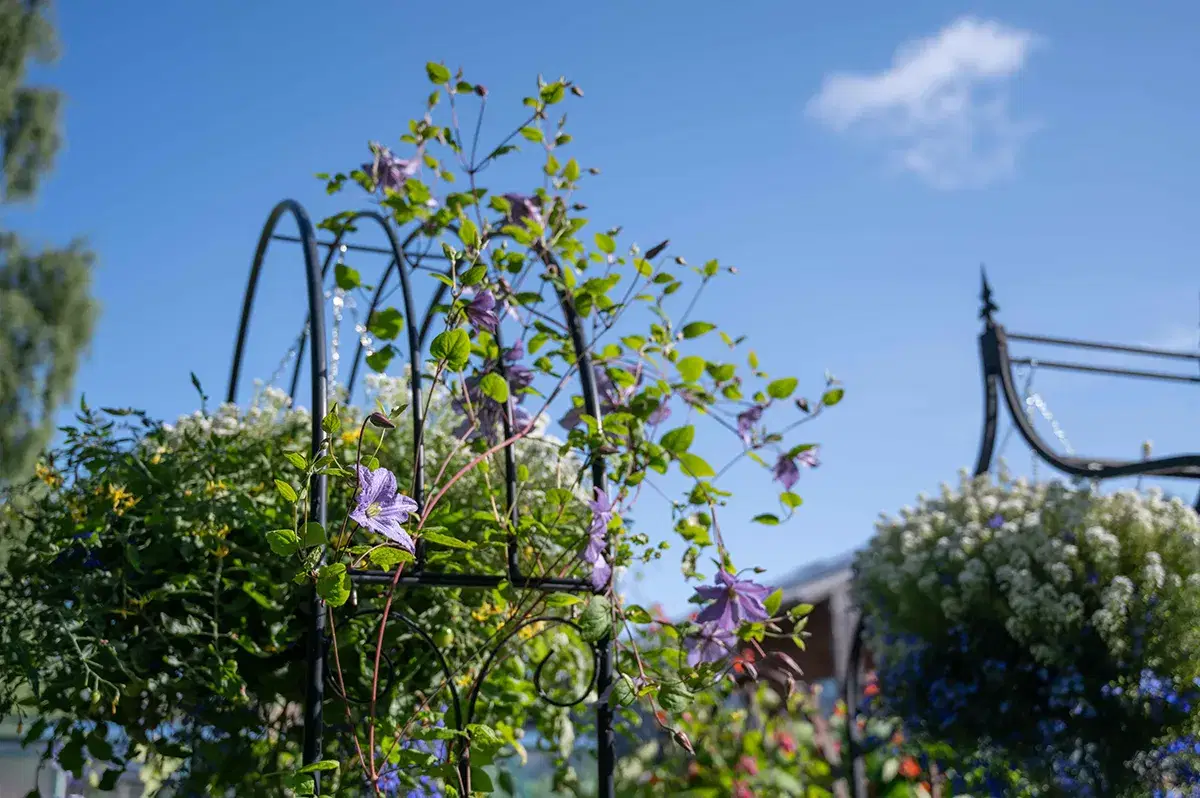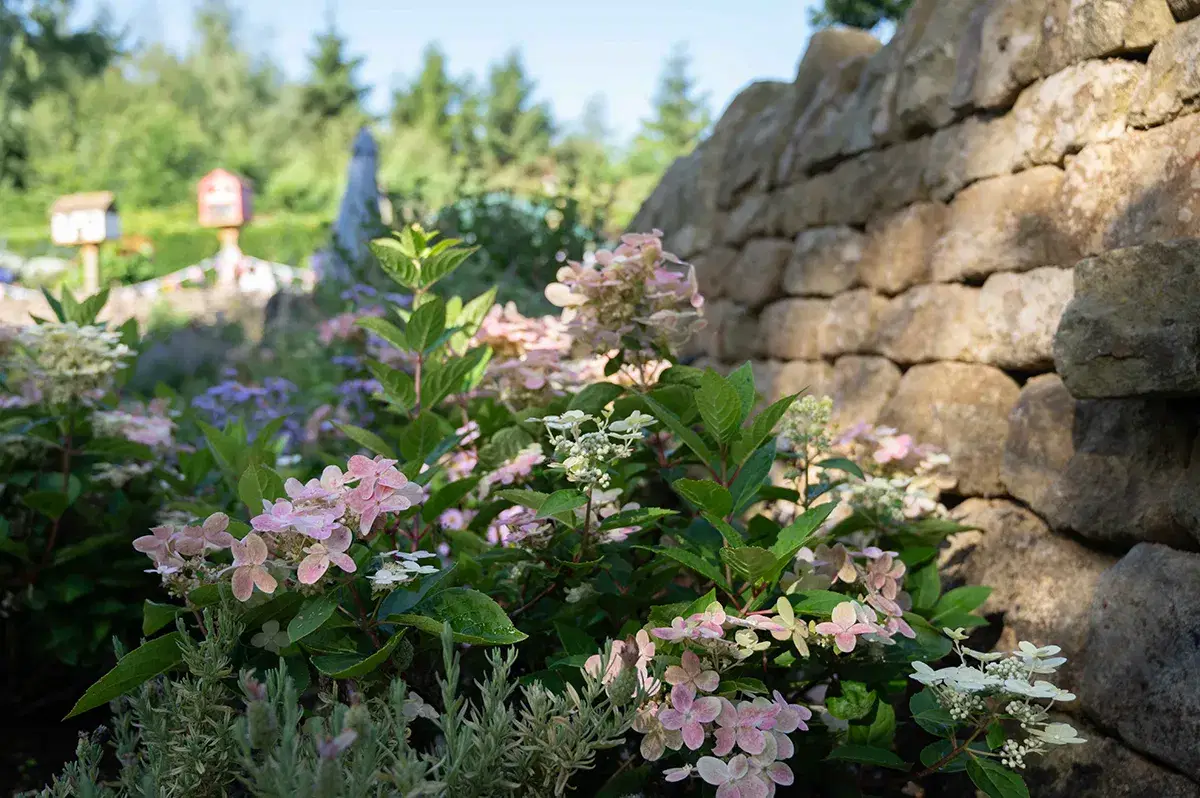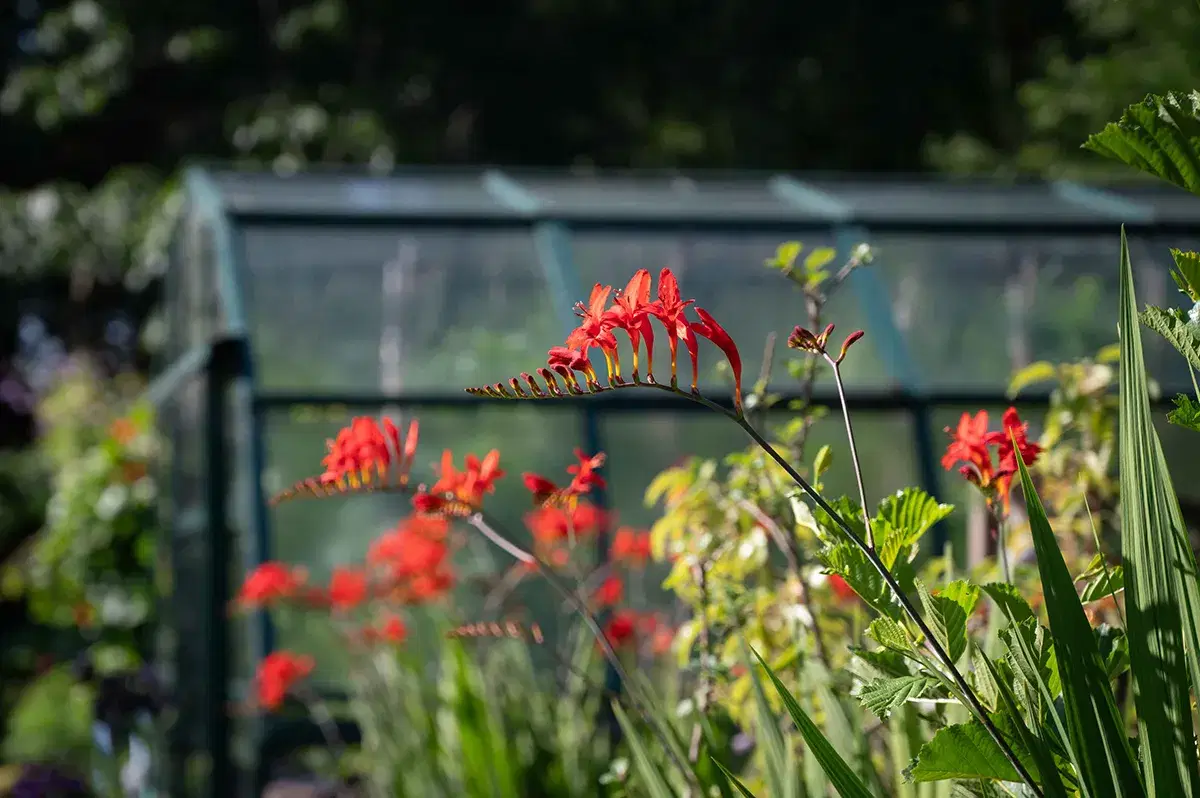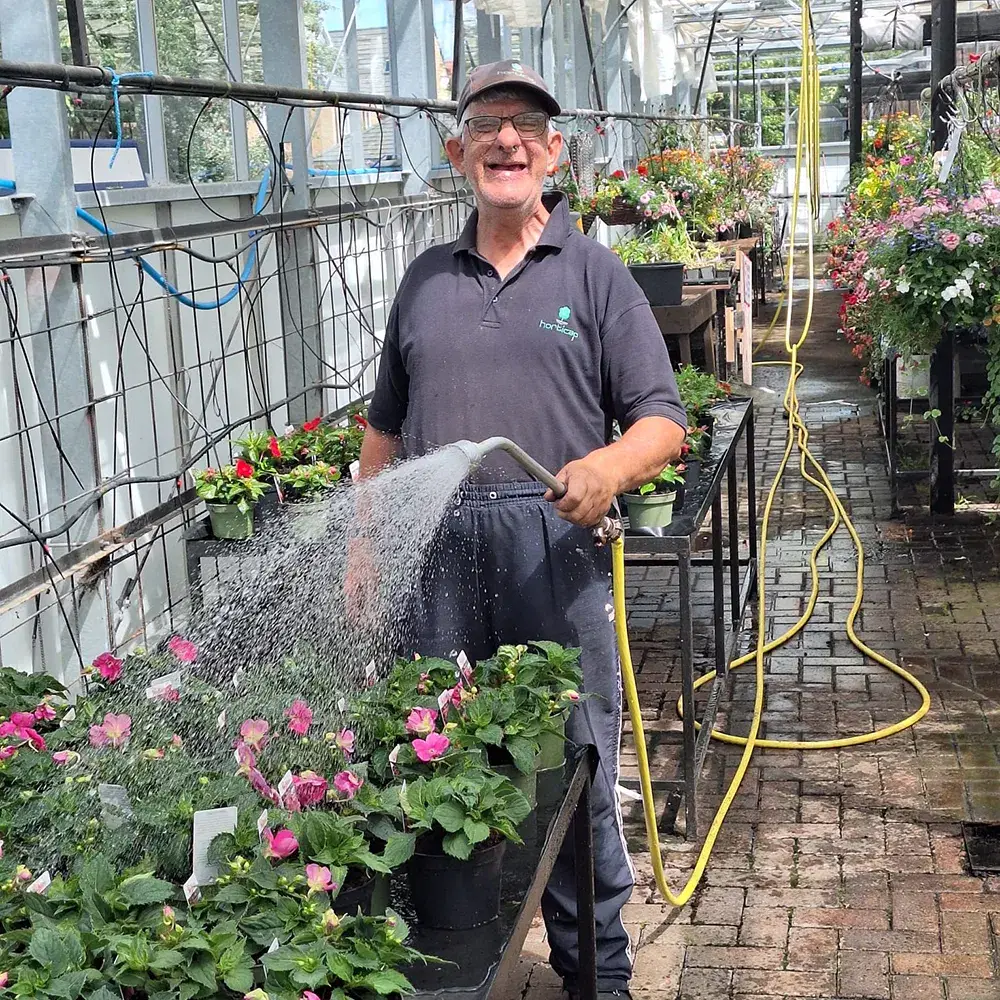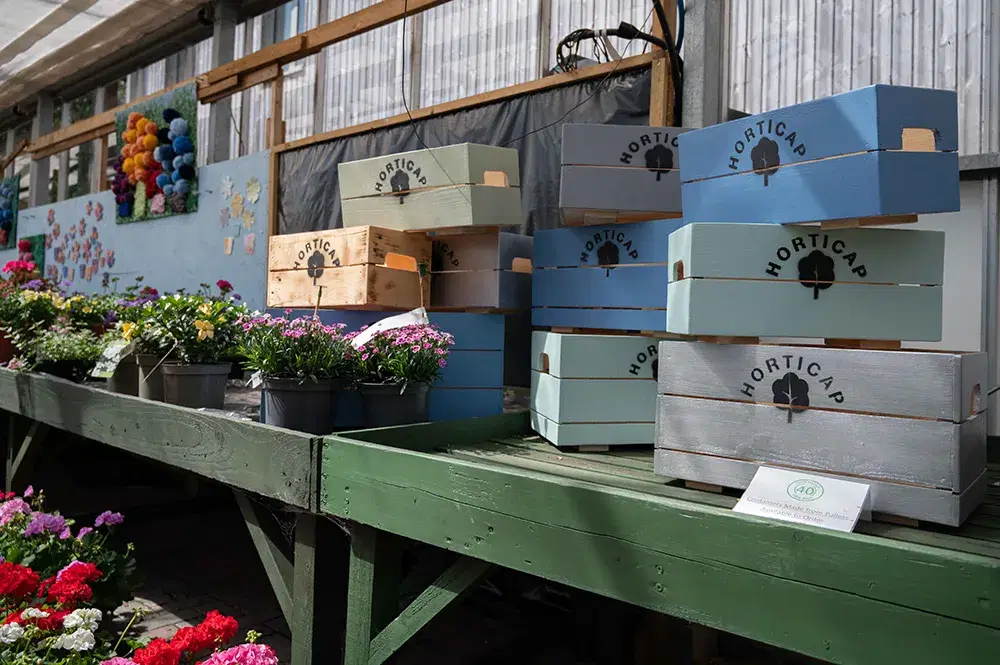Environmental Issues
Why Recycle?
Recycling is an excellent way of saving energy and conserving the environment. It is one of the best ways for you to have a positive impact on the world in which we live. Recycling is important to both the natural environment and us.
Environmental Importance
Recycling is very important as waste has a huge negative impact on the natural environment. Harmful chemicals and greenhouse gasses are released from rubbish in landfill sites. Recycling helps to reduce the pollution caused by waste.
Habitat destruction and global warming are some of the effects caused by deforestation. Recycling reduces the need for raw materials so that the rainforests can be preserved. Huge amounts of energy are used when making products from raw materials. Recycling requires much less energy and therefore helps to preserve natural resources.
What does Horticap Recycle?
Recycling is important to us at Horticap and we all like to take part and do our bit! At Horticap we have many different things that we recycle, among these are:
Compost
Water
On site we have four large water tanks. These collect rainwater. Between them they hold around 30,000 gallons, that’s over 112,000 litres. We recycle this water, using it for our watering systems in the greenhouses, and in our gardens to water plants. This water is also used to flush our toilets and to clean vehicles and equipment. This saves the use of well over 1,120,000 litres of treated drinking water each year. That’s the same as the annual water used by 5 average households, enough water for 5,600 baths or 22,400 showers.
Plant Pots
We always re-use any plant pots that we have used. The students carefully remove any labels, clean and sort all of these for us to use again.
Wood
Wood is recycled in many different ways at Horticap. Local tree surgeons and other trade gardeners bring us woodchip and logs, we use these to sell on to customers and around our site, we also use these when we go out on jobs in the community. We make birdhouses from left over wood and we make other wooden craft items to sell in our shop. In the future we would like to use wood to heat our large greenhouse.
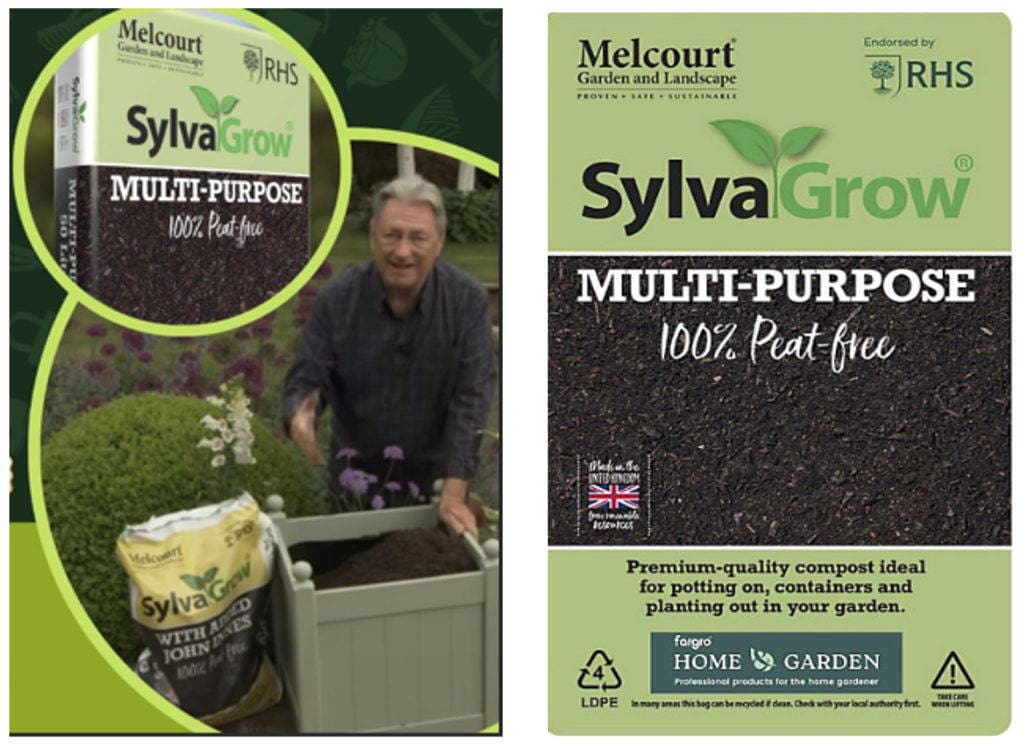
Our Patron Alan Titchmarsh uses Melcourt Multi-purpose, we are local stockists of this product
PEAT FREE COMPOST
Due to the imminent ban on the retail sale of bagged horticultural peat in a move to protect England’s precious peatlands Horticap have taken the decision to stop selling compost containing peat with immediate effect.
Statement from the Department for Environment, Food & Rural Affairs
Peatlands are the UK’s largest carbon store but only approximately 13% of our peatlands are in a near-natural state. This degradation has occurred due to drainage for agricultural use, overgrazing and burning, as well as extraction for use in growing media.
Peat extraction also degrades the state of the wider peatland landscape, damaging habitats for some of our rarest wildlife such as the swallowtail butterfly, hen harriers and short-eared owls, and negatively impacting peat’s ability to prevent flooding and filter water. A significant proportion of the UK’s water supply lands or flows through peatlands.
Bagged retail growing media accounts for 70% of the peat sold in the UK and is frequently misused, for example being used as a soil improver rather than a medium in which to propagate plants. When this extraction takes place, the carbon stored inside the bog is released as carbon dioxide, contributing to climate change.
Working with local businesses
We work with local businesses, for example Bettys and Taylors and The Cone Exchange, recycling in the community and at Horticap.
Reduce
Alongside our re-use and recycling we constantly look to ways of reducing the energy we use on the site. We have achieved this in many ways:
- Insulation of buildings
- More efficient heating systems
- Installing timers on heating systems
- Thermal screens in the greenhouse
- Self opening doors
- Moving plants to one greenhouse over winter and turning off the heaters in the others
- Turning down thermostats
These measures have reduced our combined consumption of oil, gas and electric by around 50% – 60% each year.

